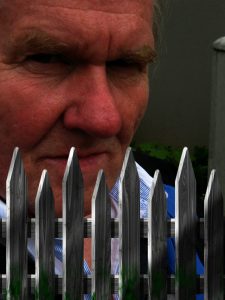 Tom is a healthy 26-year-old male who recently married and is struggling in his sex life due to the influence of pornography. Although he and his wife attend church, Tom is one of the 64-to 68% of young adult men who uses pornography at least once a week (Covenant Eyes).
Tom is a healthy 26-year-old male who recently married and is struggling in his sex life due to the influence of pornography. Although he and his wife attend church, Tom is one of the 64-to 68% of young adult men who uses pornography at least once a week (Covenant Eyes).
During college, Tom used pornography to address his sexual needs. Pornographic material was readily available and utilized by most of the men in his fraternity. His use of pornography has continued into married life.
Tom will tell you that he craves pornography, but doesn’t particularly like it. Yet the cravings are intense and he can feel them just by thinking about his computer. In addition, when thinking about sex with his wife, he feels less attracted and realizes he has developed an appetite for new sexual tastes.
Tom and others who regularly use pornography now understand that behaviors regularly reinforced in the reward, memory and motivation circuitry of the brain can become addictive. With pornography use, specific pathways in the brain are triggered that prompt the neurological response of pleasure and reward. These pathways are the same as those seen in drug addiction. Yet, there remains controversy as to whether or not pornography use is truly an addictive behavior. The data has yet to establish sexual addiction as a psychiatric diagnosis. What we do see is how destructive a path pornography is to relationships.
The good news is that God built the capacity for change into our brains. Change is possible when one starves the pathways and rewiring occurs. Like other addictions, abstinence is key. Using the power of the Holy Spirit in us, we can change our brain through the use of distraction when we feel the urge to use pornography. Starve the pathway and the brain will change.
We can also avoid external triggers that have been carved in to the neural circuits of the brain, substitute other behavior to respond to the internal triggers of loneliness, anxiety and other negative affect states, and take captive the fantasy that begins to develop in the mind. Starving the brain and meditating on things that are true, noble, right, pure, lovely and admirable changes the brain whether we classify pornography as addiction or not. And both are a necessary step to losing the grip of pornography on the brain.


